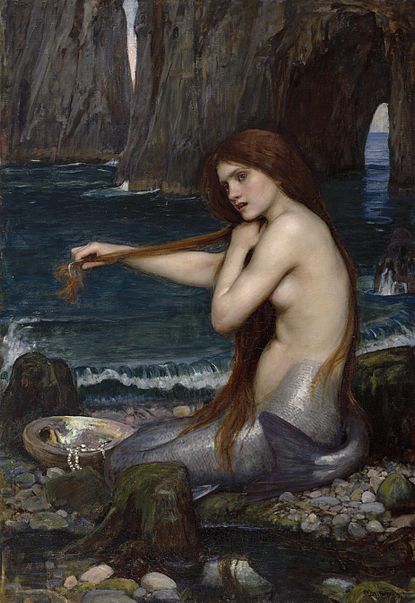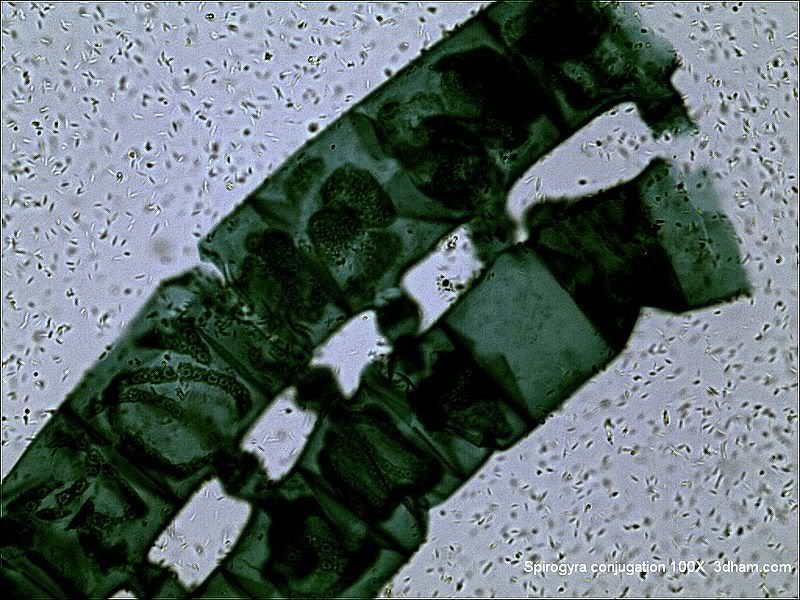Video: Alvin Plantinga’s Bellingham Lectures
Here. Plantinga, Alvin Plantinga, Professor Emeritus of Philosophy at the University of Notre Dame, talks about “God and Evolution: Where the Conflict Really Lies.” (May 10 and 12, 2011) Note: Plantinga was one of the two Christian philosophers who complained about the hit job on colleague Frank Beckwith in Synthese, incorrectly tagging Beckwith as ID, and in general as one bad dude.


 From best known early twentieth century Catholic writer and apologist [take this, current Pontifical Institute!] G. K. Chesterton’s
From best known early twentieth century Catholic writer and apologist [take this, current Pontifical Institute!] G. K. Chesterton’s 